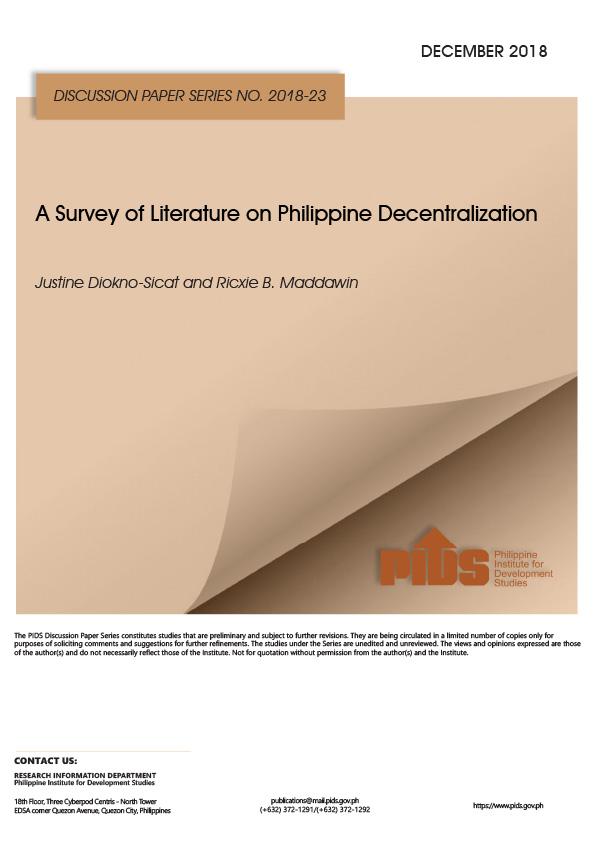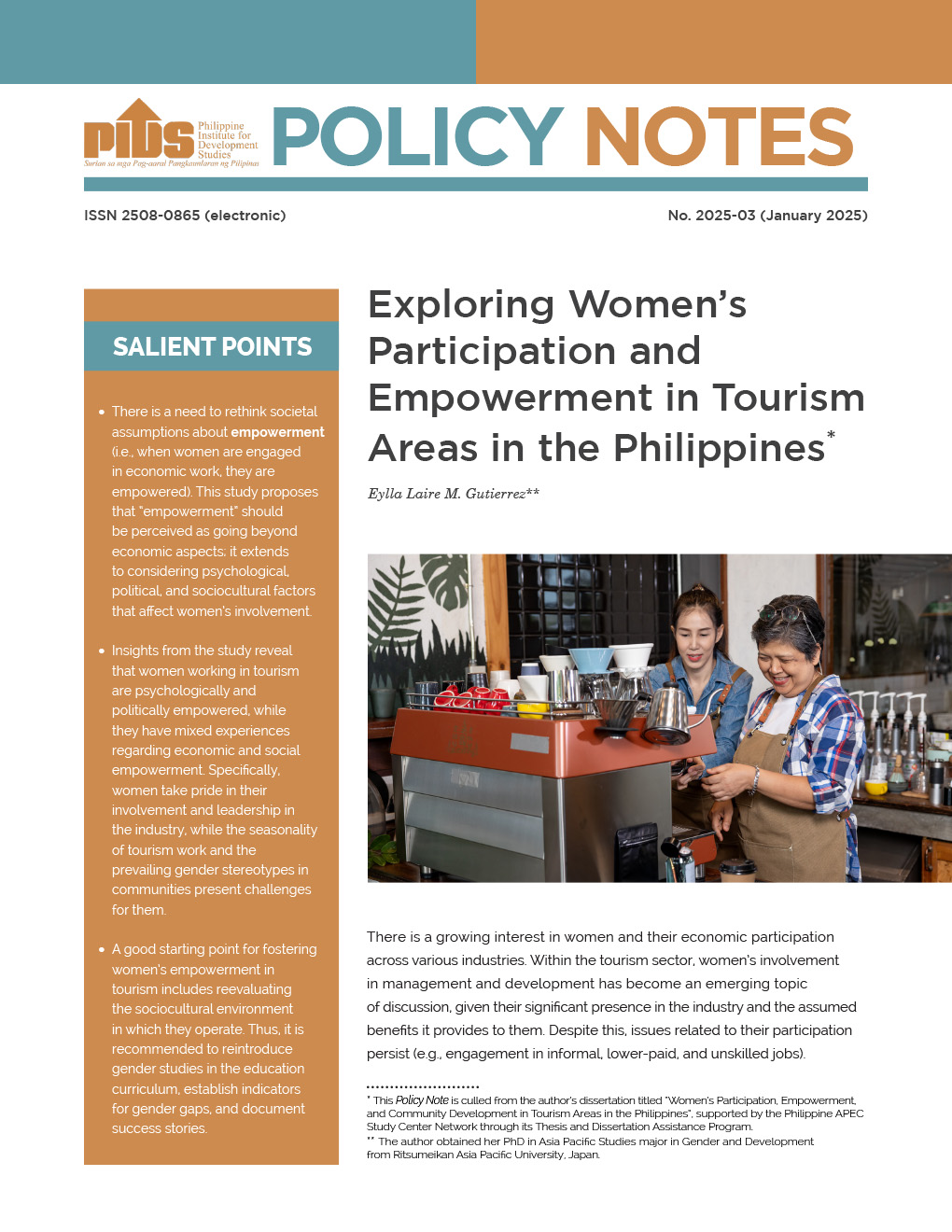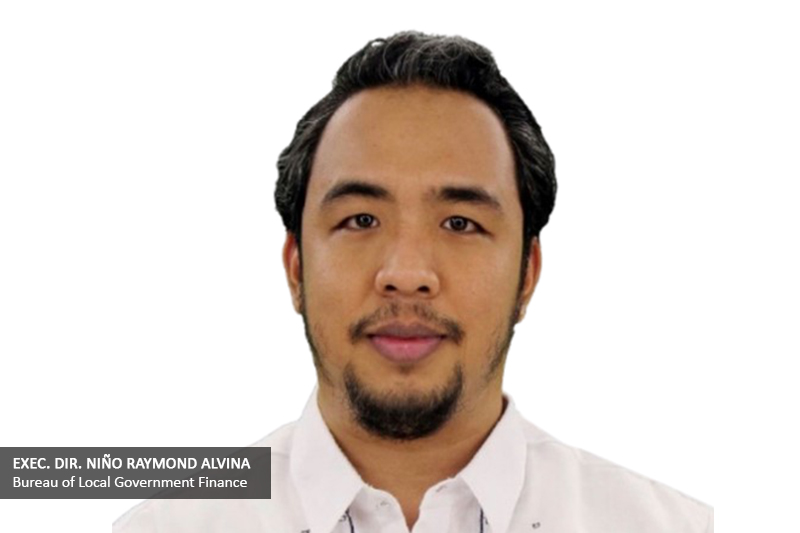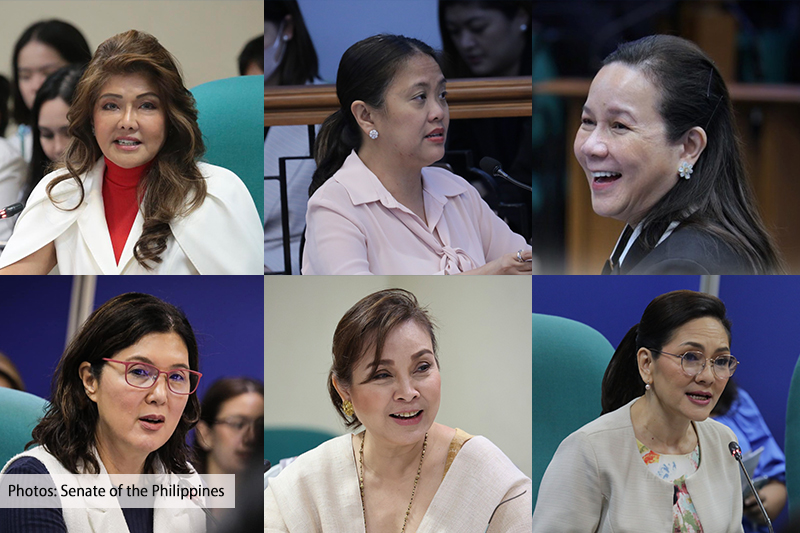Filipino voters have long been promised progress, yet election after election, the country remains trapped in the same cycle of poverty, corruption and failed leadership. At the heart of this stagnation is a deeper issue — political mediocrity. Philippine politics is dominated not by visionaries or problem-solvers but by individuals who thrive on name recall, patronage and populist rhetoric rather than competence and governance.
A study by Tusalem (2019) highlights that political dynasties and celebrity candidates continue to dominate Philippine elections, not because of their qualifications but because of their visibility and wealth. In many cases, candidates with little to no legislative experience secure key positions simply by leveraging family connections or media exposure. This preference for familiar names over capable leaders results in a government filled with officials who lack the skills to craft policies that genuinely address national issues.
The consequences are evident: weak economic policies, inefficient disaster responses and a struggling education system. Instead of experts in governance, many politicians are mere placeholders who prioritize maintaining power over serving the people.
Political campaigns often highlight poverty alleviation programs, yet poverty remains widespread. A book by Asian Development Bank (2009), Poverty in the Philippines: Causes, Constraints and Opportunities, argues that political elites have little incentive to eradicate poverty. After all, who would benefit from their campaign slogans about “lifting the poor” if poverty were truly eliminated? The existence of the impoverished serves as a convenient justification for politicians to recycle the same promises — free housing, free education, cash aid — without actually addressing the root causes of economic disparity.
Instead of crafting sustainable solutions, politicians rely on short-term relief programs that keep voters dependent on government aid. These temporary fixes ensure that the same families remain vulnerable, easily swayed by promises during every election season.
The obsession with quick wins over long-term development is another hallmark of political mediocrity. Studies by the Philippine Institute for Development Studies indicate that politicians often prefer projects with immediate, visible results — such as roads, bridges and cash assistance — over systemic reforms in healthcare, education and employment. This short-sighted approach stems from the reality that most elected officials focus solely on their term’s achievements rather than laying the groundwork for sustainable progress.
For example, instead of addressing the education crisis with curriculum reforms and teacher salary increases, politicians fund one-time scholarships or distribute school supplies for publicity. These surface-level interventions do little to prepare students for real-world challenges but serve as effective campaign materials for reelection.
Political mediocrity persists because the public has been conditioned to expect little from its leaders. A survey by Social Weather Stations in 2022 found that many Filipinos believe corruption is inevitable in politics, leading to widespread voter apathy. This resignation allows underqualified politicians to remain in power, as many voters feel that no matter who they elect, nothing will change.
The lack of accountability is also reinforced by political patronage. Many local leaders secure votes not through legislative achievements but through personal favors — medical assistance, funeral expenses and cash handouts. This transactional relationship between politicians and constituents keeps the cycle of mediocrity unbroken.
With the 2025 midterm elections fast approaching, Filipinos must ask themselves: Will we continue to reward political mediocrity? Will we elect leaders who have actual expertise, or will we fall for the same recycled slogans and empty promises?
The power to change this system lies in the hands of the voters. It is time to demand competence, accountability and long-term solutions. Political mediocrity has held the Philippines back for decades — if voters continue to settle for it, the country’s decline will only accelerate.





